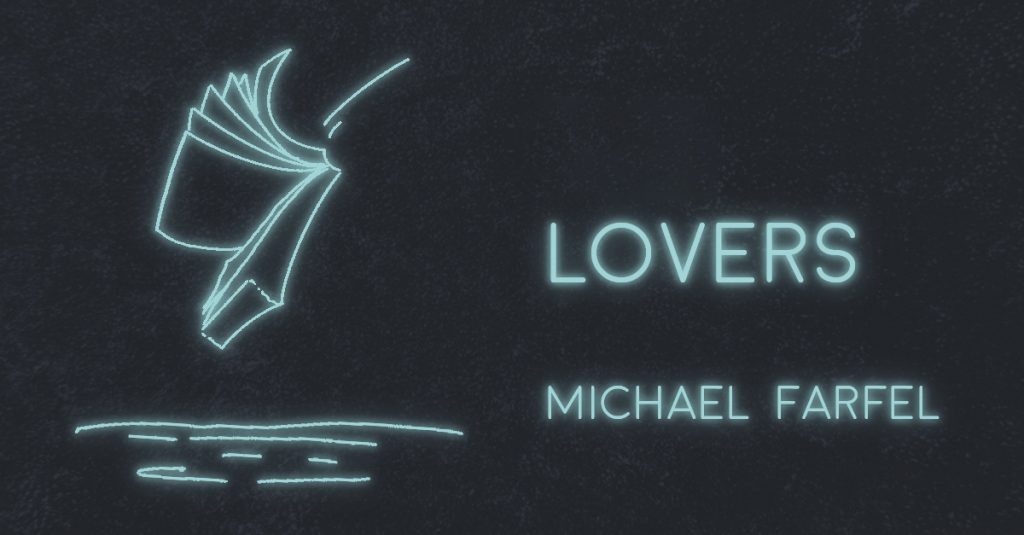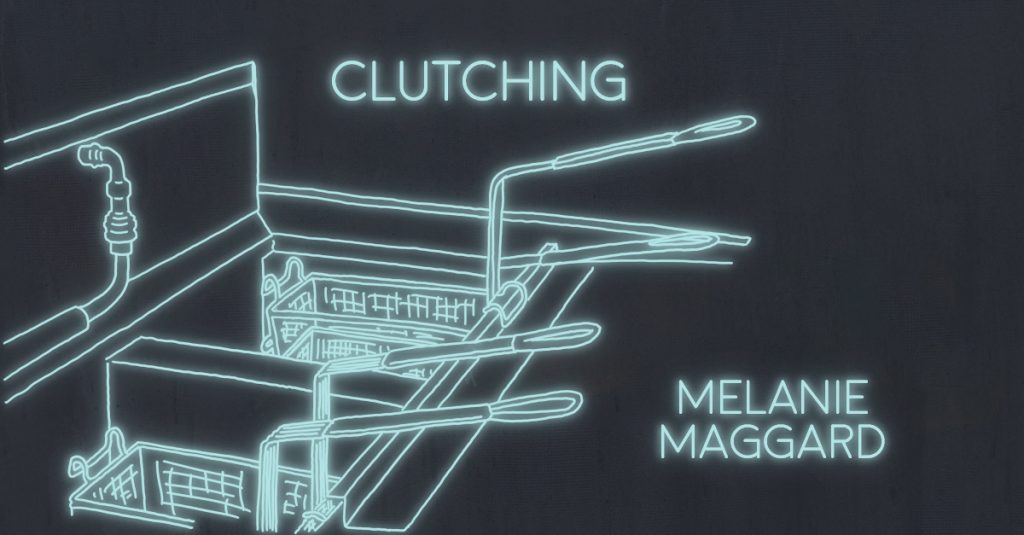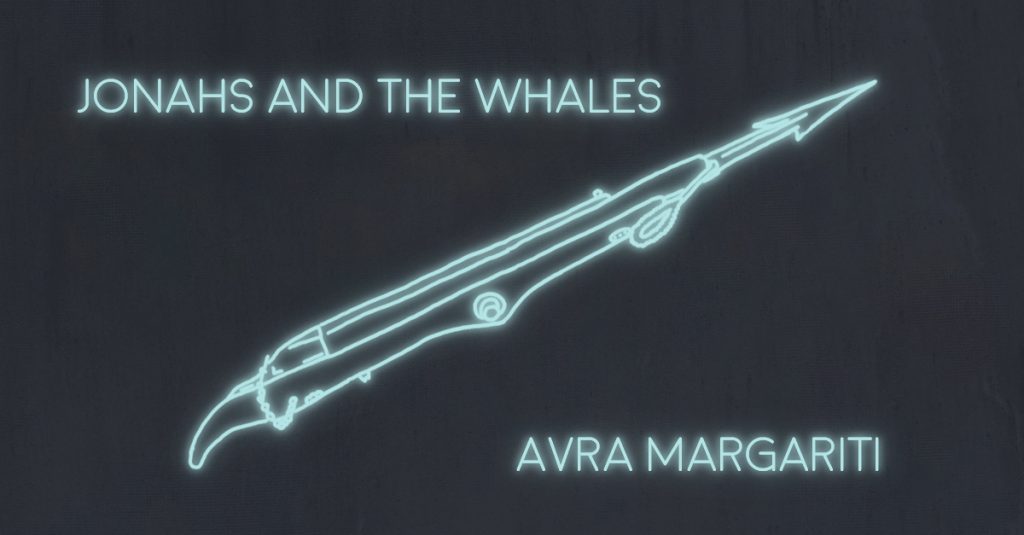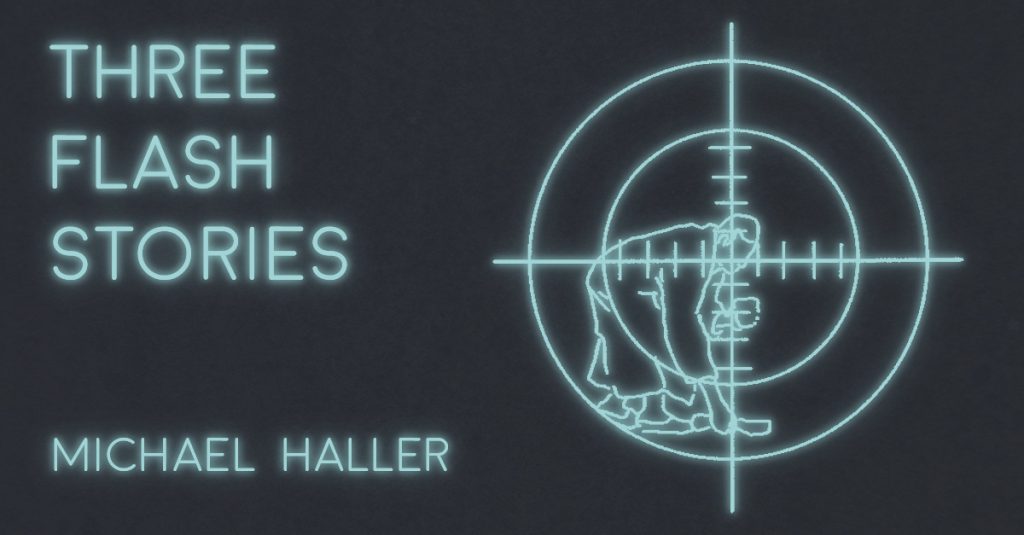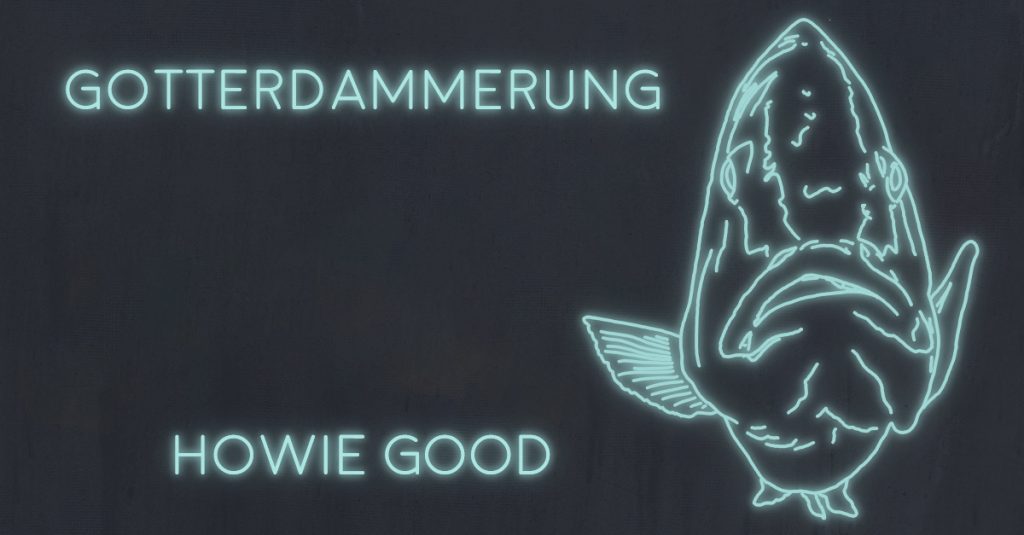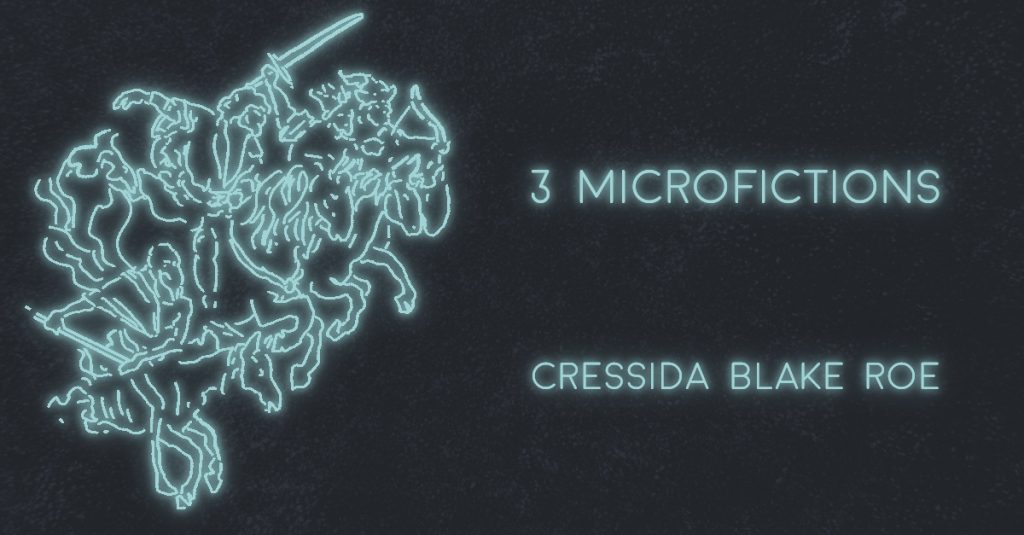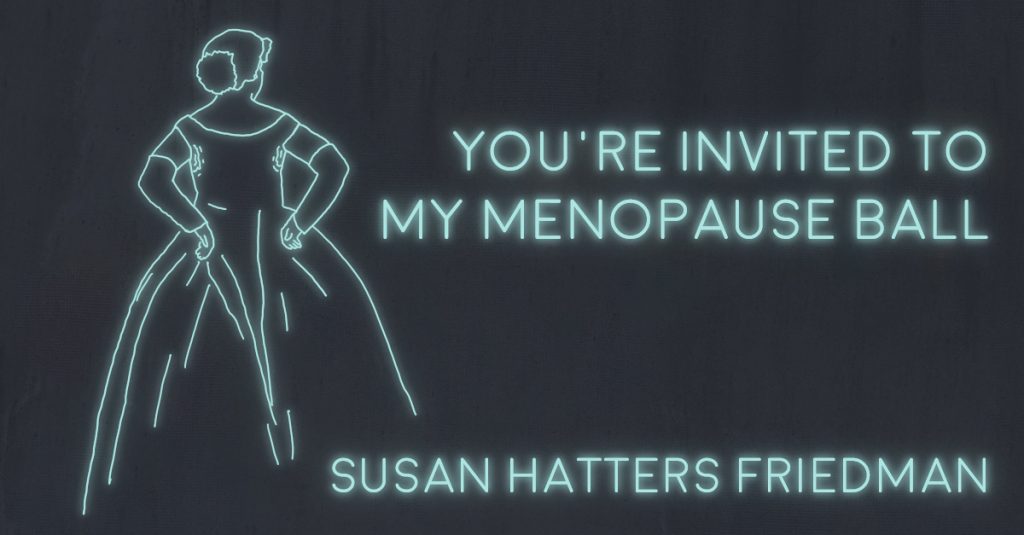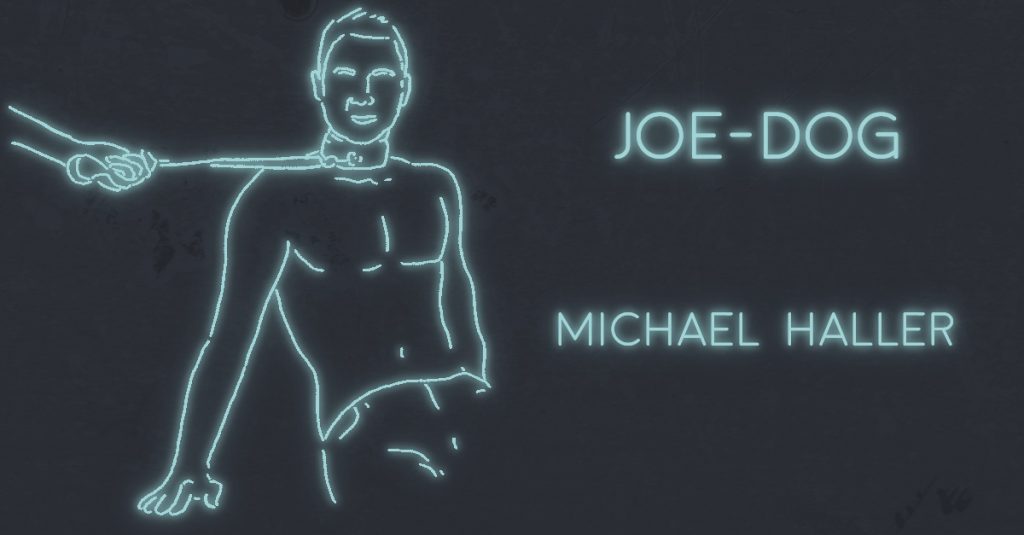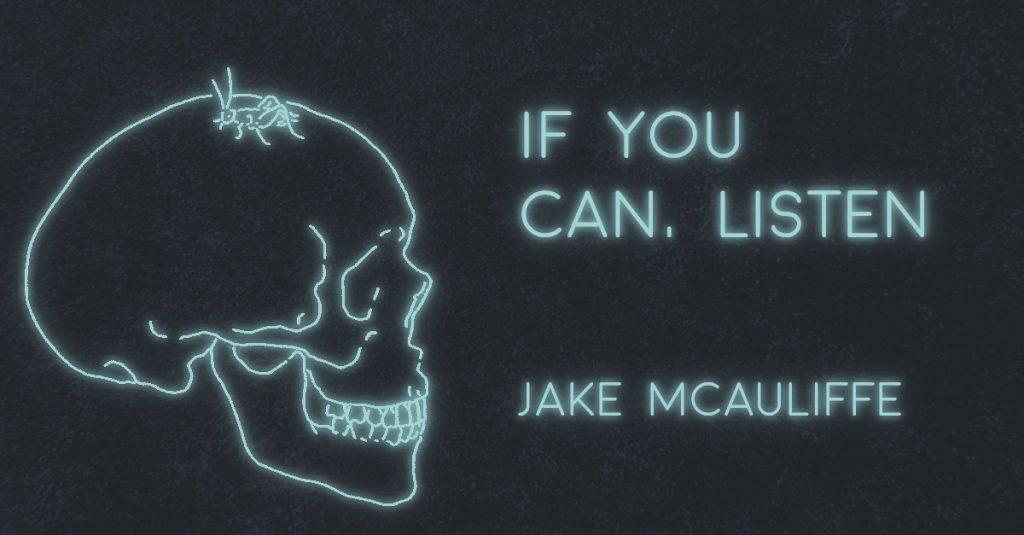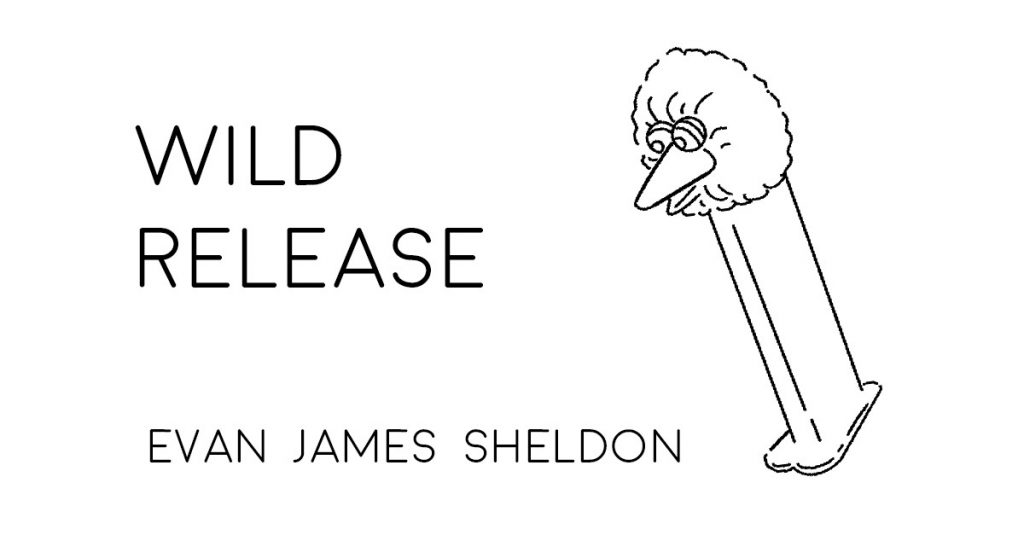
WILD RELEASE by Evan James Sheldon
The ballroom was empty except for stacks of chairs along the walls and the man staring at the ceiling. With no one around him in that large space he looked very small. I waved my arms over my head but the man didn’t notice and kept on staring at the ceiling. He was off in his own world. I pulled out my weed pen, which most people mistook for a flash drive. Even though weed was now legal, I was still secretive. Learned furtive behavior from all my high school friends having misdemeanors for possession. The Toy Voyager conference was…

